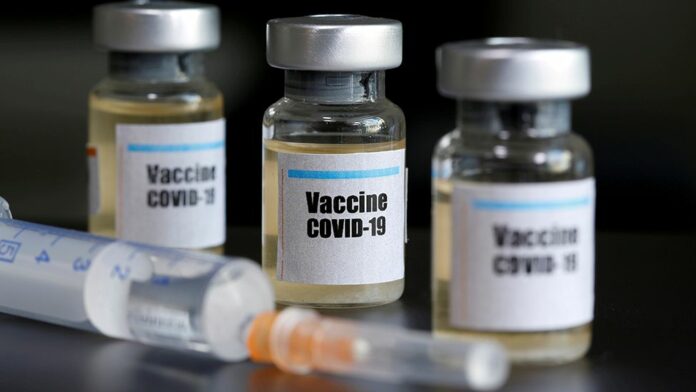When everything seemed to be back to normal after the pandemic, the Omicron variant came in, dashing all hope for a speedy recovery.
For two years, numerous pharmaceutical companies and governments have spent billions of dollars into the creation, production and distribution of vaccines against Sars-Cov-2, the virus that causes Covid-19.
But the arrival and spread of Omicron showed the world its vulnerability under the microbes. The shots made from gene sequences of the original strain found in Wuhan are effective. But it was not capable enough to defeat the new variant.
Compared to the original strain, it has 50 genetic mutations. This made pharmaceutical companies scramble to update their existing jabs. Testing is underway, but it will be too late for many regions suffering from the disaster of this virus.
Zoonotic disease specialists like Linfa Wang have a more ambitious goal, to protect people against all Sars-related coronaviruses.
As a part of the research, they checked for antibodies in SARS outbreak survivors.
Those who were injected with BioNTech/Pfizer vaccine saw their blood releasing antibodies, not only against Sars-Cov-1 and three Sars-Cov-2 variants of concern but five other coronaviruses.
His research provides the first human data to suggest a broadly protective “super shot” is possible. Even before Omicron hit the world, there was considerable interest in the idea of a “universal” vaccine.
It has become a pressing priority for public health officials over the past three months. The recent turn of events has shown the world the limitations of boosting existing vaccines is not a long-term solution.
This led to an intensification of the research for a universal coronavirus vaccine.
This vaccine will not only protect people against known strains, but coronaviruses have yet to emerge.
In less than two decades, there have been three main outbreaks- SARS, MERS and Covid-19 and according to Anthony Fauci, US president’s chief medical adviser, it would be “naive” to assume there will not be others.
According to him, the better way to protect from future pandemics caused by influenza viruses is prevention, rather than being responsive at the moment.
The pursuit of a universal vaccine goes beyond public health considerations, as a pandemic gives massive shocks to the global economy.
The IMF has warned that the global GDP losses could be as high as $5.3tn over the next five years if the great vaccination divide between rich and poor nations is not closed.
Such vaccines would also be cheaper and less demanding of overburdened health systems.
It is difficult to make such a vaccine, as they don’t know about the genetic sequence of the future viruses. But scientists are finding new ways such as computational predictive modelling to bypass this and arrive at their target.
It will take time and scientists will be working to reach their target which they hope will shield humanity from the microbial attack again.
Follow and connect with us on Facebook, LinkedIn & Twitter

